VINEYARD WORK
A great wine from a great terroir is born of a mysterious alchemy between the soil, the microclimate, the grape varieties and the expression given to them by man.
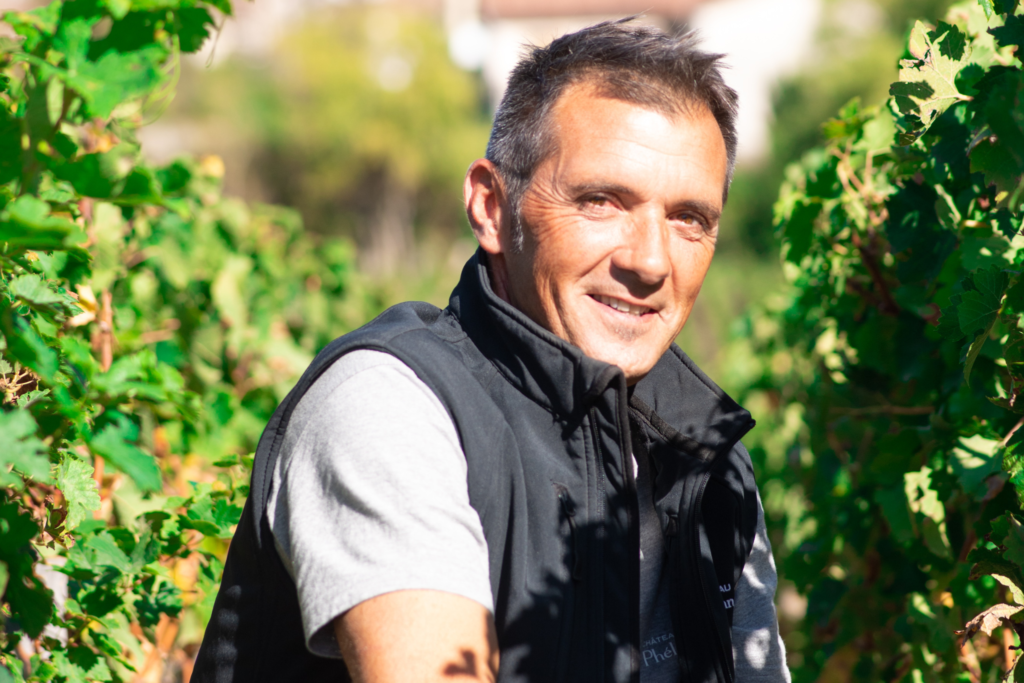
Stéphane Rougé, Vineyard Manager, interprets this terroir of distinction with the utmost integrity: since his arrival, he has implemented responsible viticulture that takes account of the environment and working conditions.
He studies the subsoils, adapts the grape varieties and rootstocks accordingly, and experiments with the exposure. He is a craftsman who loves his work, ensuring that the young vines flourish and that the more mature plants, which are so precious, remain in good health.
RESPONSIBLE AGRICULTURE
Respect for the soil is a constant concern. The vineyards are ploughed, virtually eliminating the use of herbicides. Others are grassed over, which means less leaching and better control of vigour. Fertilisation of the soil is usually organic. Biodiversity is preserved.
ADVANCES IN AGRONOMY
Prophylactic methods have been developed to reduce the use of plant protection products: pruning methods have been developed to avoid bunch clustering, trellising has been adapted to optimise the canopy area, and leaf removal is controlled.
In-depth empirical knowledge of each plot means that confident use can be made of advances in agronomy and high-tech resources. Meteorological data, development of disease and pest models and monitoring the vigour of each plot have led to a sharp reduction in inputs. Since the 1990s, environmentally friendly biotechnical pest control has been applied (sexual confusion), eliminating the use of pesticides and promoting the protection of wildlife. The population of natural predators is protected from vine pests. At the same time, water consumption is rigorously managed and vineyard effluent is reprocessed.
o
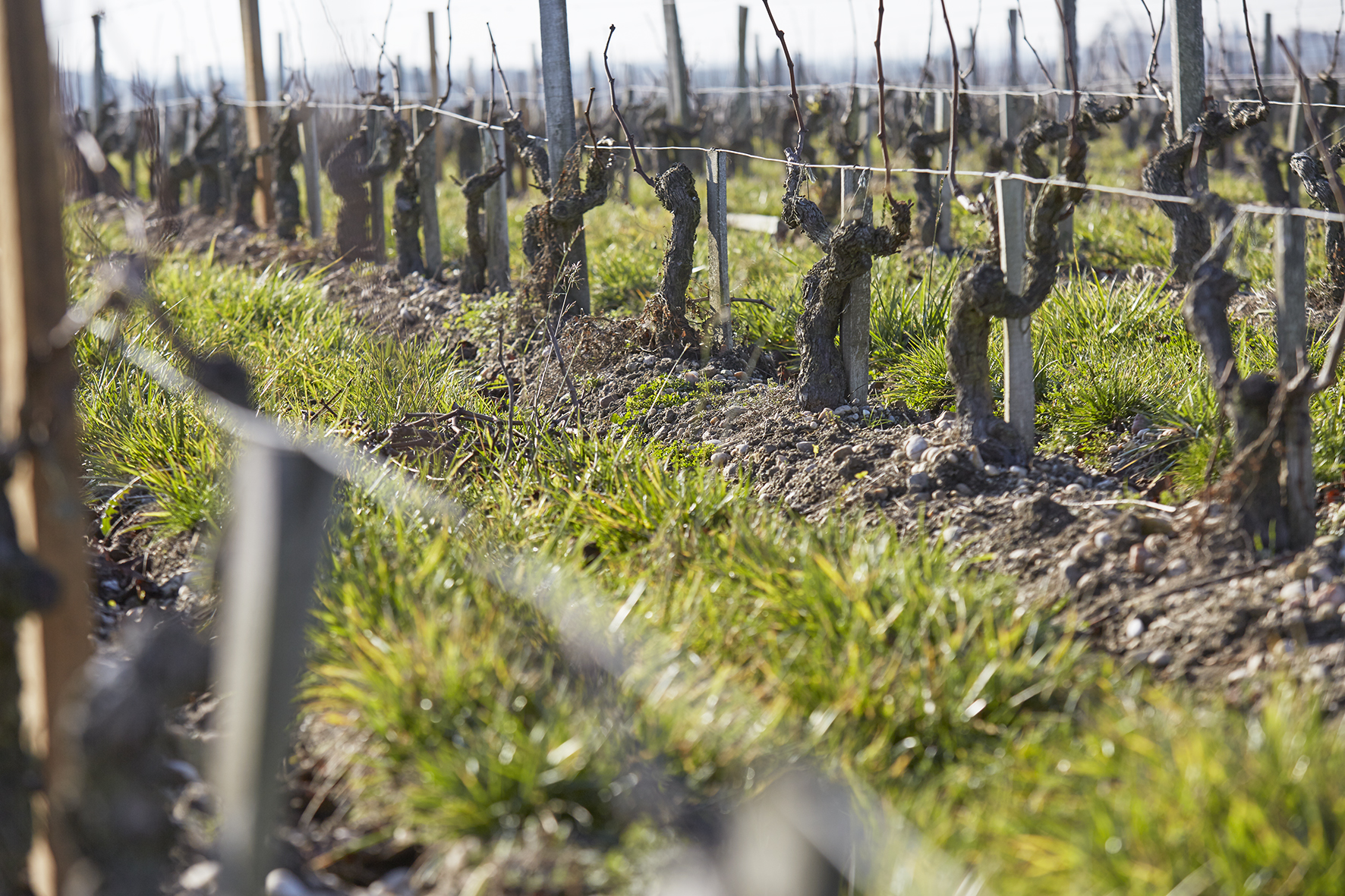

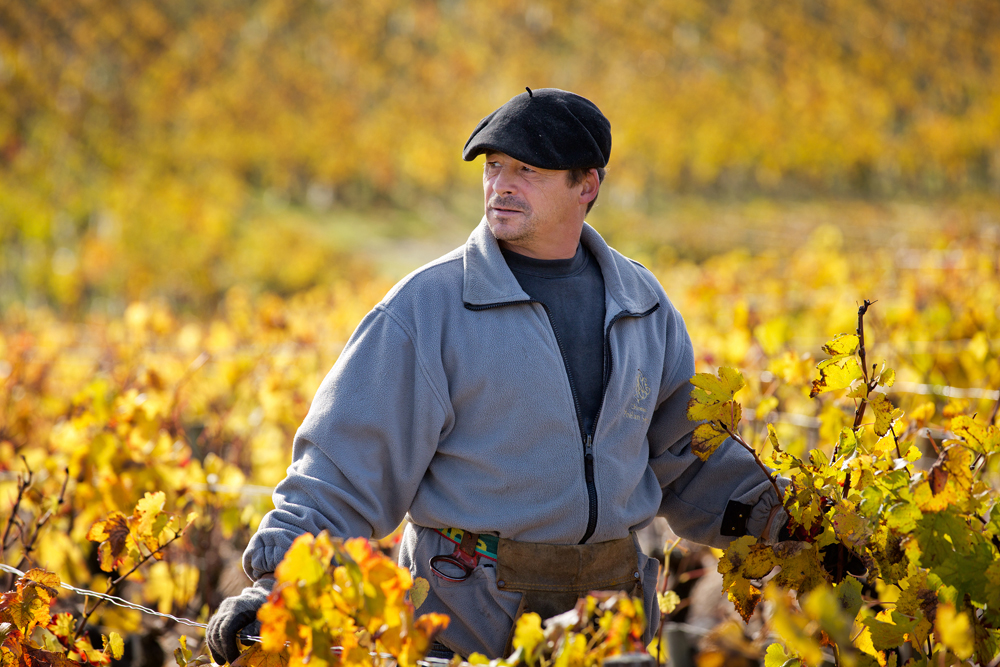
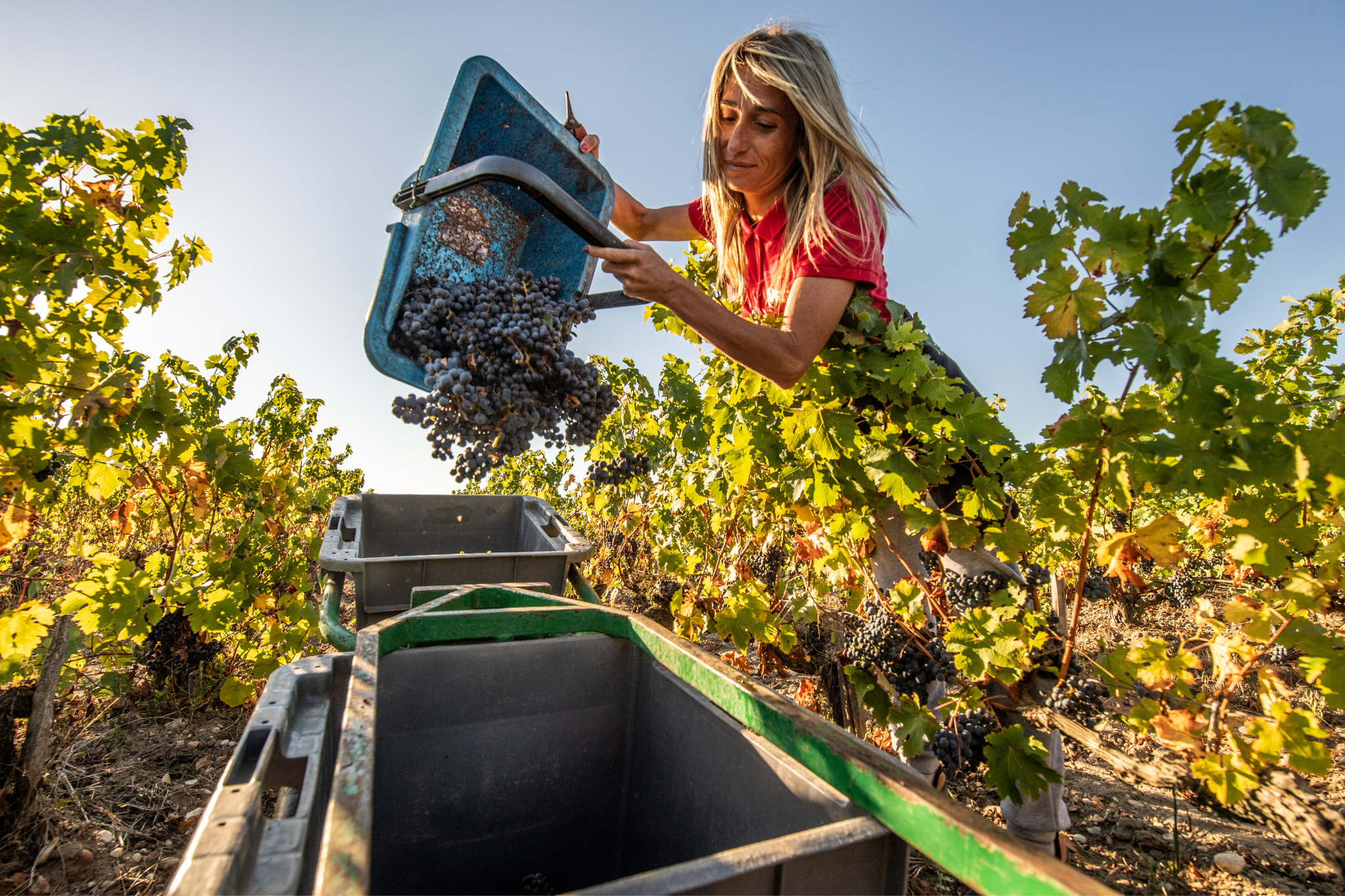
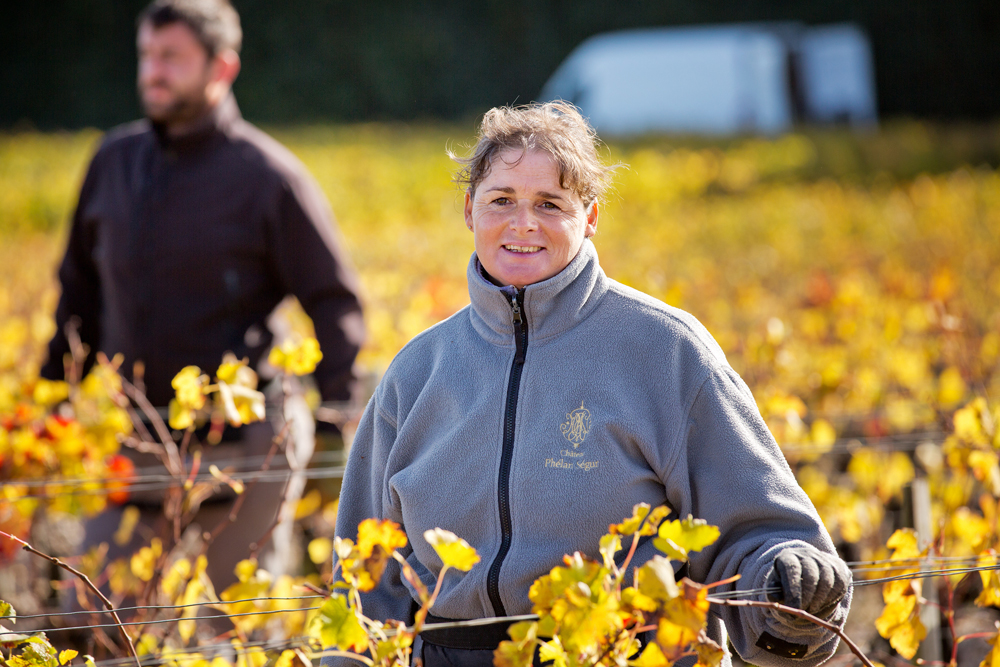
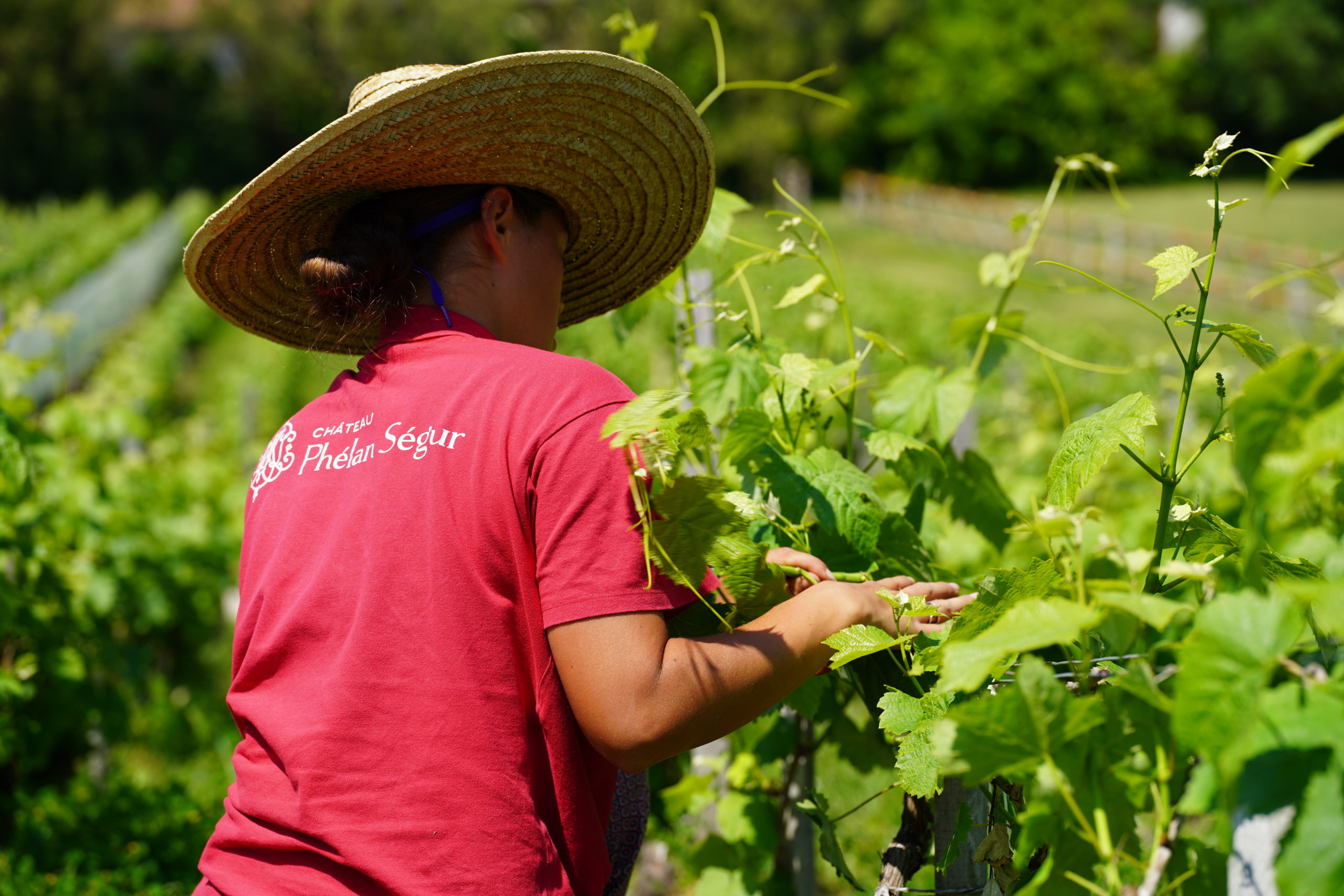
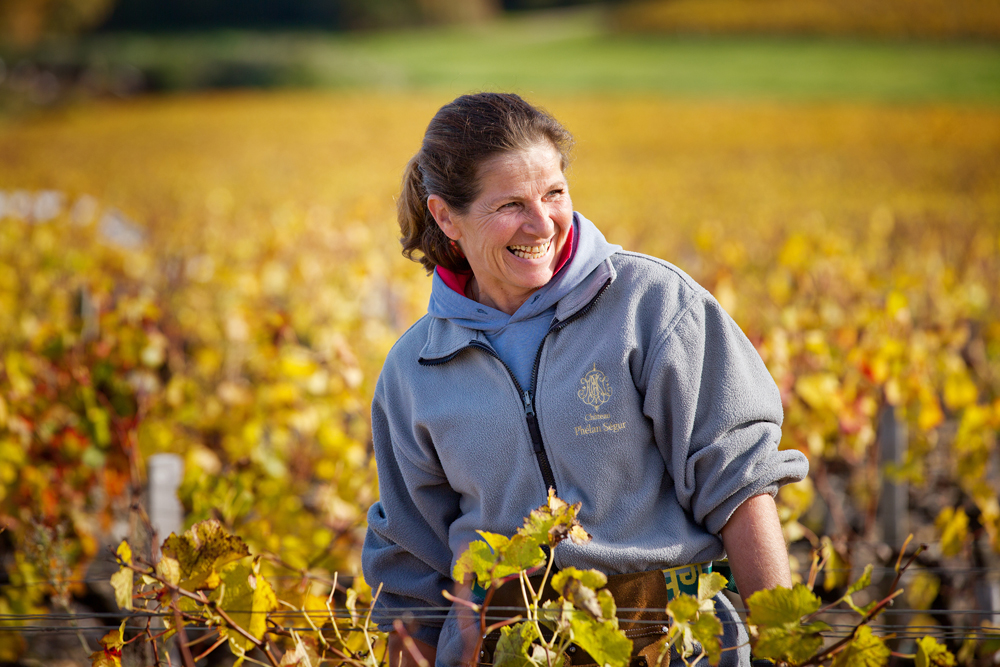
Over the years, this enthusiast has surrounded himself with a team of winegrowers of exemplary commitment. The older members of the team teach the younger generation so that traditional skills such as pruning are carried on with precision. Pruning, from November to March, is a crucial stage that has an impact not only the coming vintage but also on the long-term quality of the vine.
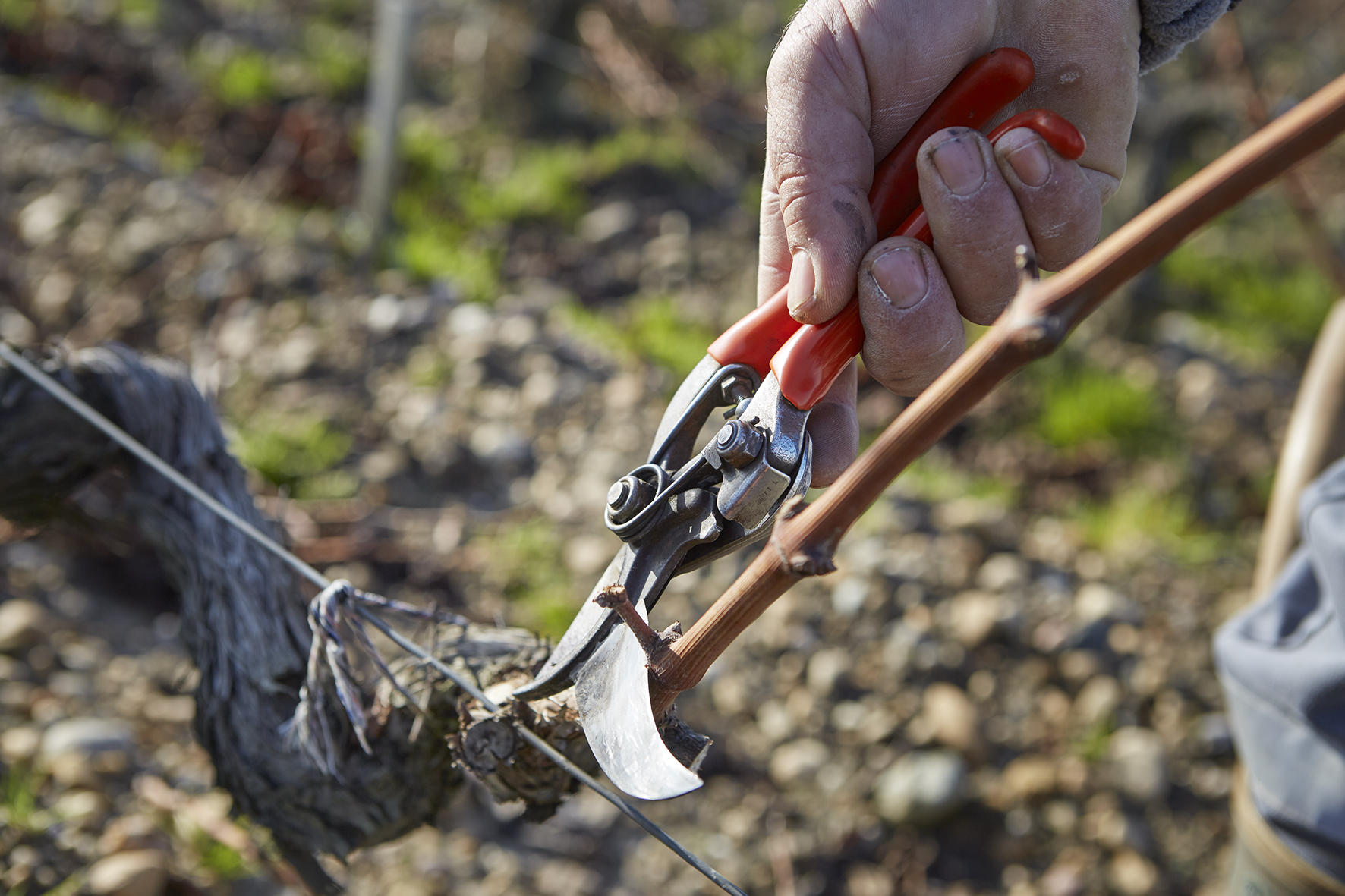
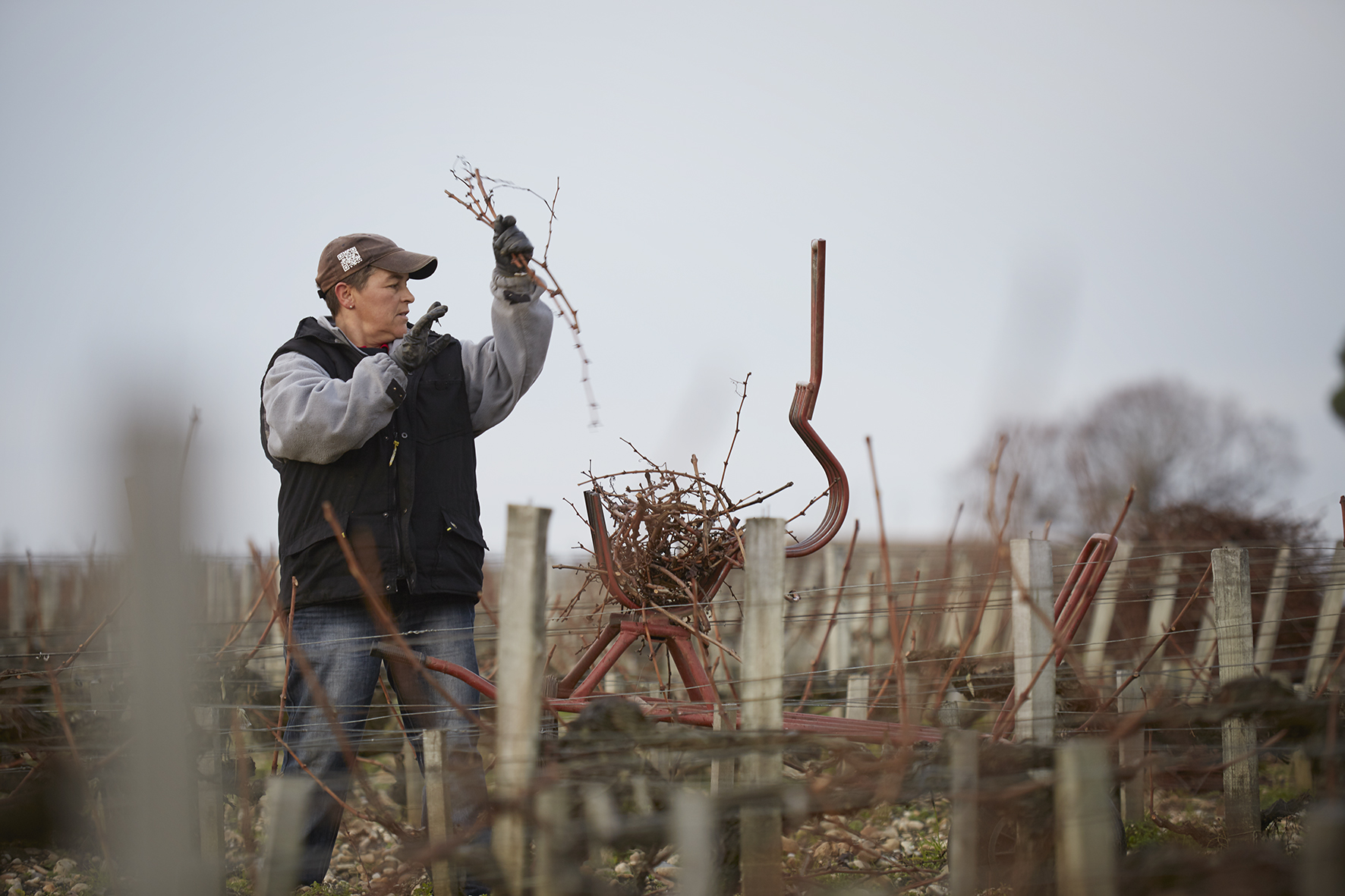
THE FRUITS OF A YEAR’S HARD WORK
Despite the wisdom that is meant to come with age, anxiety still rears its head when a spring frost threatens, or a summer storm rumbles before the harvest. The vineyard manager can only relax once “his grapes are in”: a hundred or so grape-pickers work for a dozen days to hand-pick the fruits of a year’s hard work.